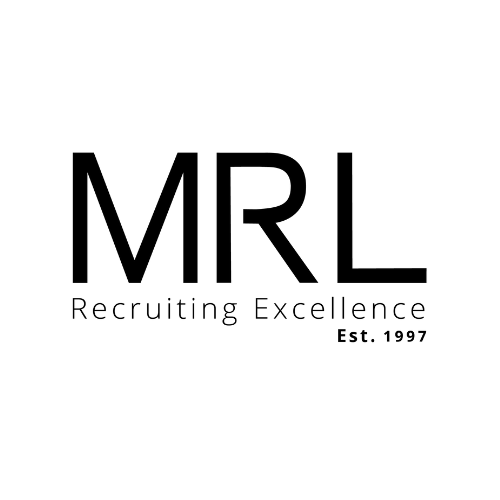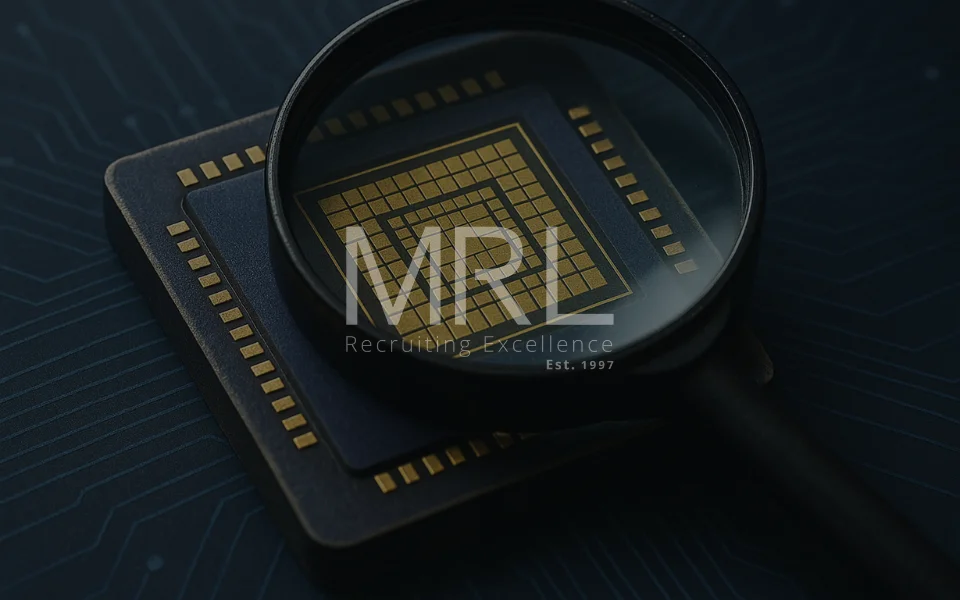Mentorship Programs in Semiconductor Companies: Fostering Professional Growth
23 May, 20245 minsIn niche industries, accessing the right talent can be difficult, especially in competitive ...

In niche industries, accessing the right talent can be difficult, especially in competitive sectors where there can be high demand for a specific skill set and a limited number of candidates. It’s then that the value of ‘homegrown’ recruitment strategies come into their own, whereby collaboration between industry and education, in-house learning and development (L&D), apprenticeships, and mentorships can support the development of the next tranche of talent needed to keep the industry alive.
It’s no secret that there is a pressing talent shortage in the semiconductor industry right now. It’s impacting production, and demand has been significantly outstripping supply since 2022. The difficulty is that there is no quick fix to the recruitment problem. But where talent is hard to come by, there can be tremendous value in mentorship, with the aim of filling the industry roles of the future.
The Value of Mentorship in the Semiconductor Industry
Mentoring can take a range of forms – one-to-one, group, and even distance mentoring. It can be either highly structured or take more of a loose format. But while some forms provide more value than others, it is widely believed that mentorship can provide tangible benefits for all related parties.
What benefits does mentoring bring?
Mentorship is almost unique in that it can provide benefits for all of the parties involved in its practice.
The mentee
For the mentee, the mentoring experience provides a range of potential advantages. As well as guidance and support as they navigate the early stages of their career, they gain industry knowledge, insights into working practices, and access to professional development and networking opportunities. All of this will give mentees the best start to life at your organisation.
The mentor
For mentors, there is a degree of satisfaction that comes from the experience of helping younger colleagues to succeed. Mentoring can also help mentors to stay up to date with industry trends and competencies that may otherwise have been overlooked, opening up new opportunities and perspectives.
The organisation
When a business initiates a mentorship programme, it is working to help to secure the future talent for the business. But it also helps to develop the leadership skills within the business. It shows current and would-be employees that the organisation is investing in their furtherment – something that is highly valued by employees and can help to reduce churn. And this, in turn, can help to foster a more positive culture within the organisation.
Those close to retirement
We’re constantly talking about the ageing workforce, and the gap this will leave at companies across the globe over the next 20 years when a huge % of their workforce will retire. The knowledge and expertise these professionals will take with them is invaluable to any business, and most continue working after retirement in some way, shape or form. Creating a mentoring programme where those who retire stay connected to the company, coming in to mentor new employees once per week or month would be a fantastic way to ensure that this loss of talent and expertise isn’t so abrupt. Having a recent retiree mentor at your organisation means that the mentees have the best start to life at your organisation, organisations don’t simply lose these incredible individuals who have done so much for your company during their tenure, and the mentors can remain active and engaged in their retirement.
And the sector
By passing experience between generations of employees, mentoring not only helps the individuals and organisations involved. It helps to develop the workforce of the future. Thus helping to avoid future scenarios like the current talent shortage.
There is no quick fix to the current talent shortage within the semiconductor industry. But mentoring can help. It secures the knowledge and attitude required by the industry. It helps to shape future talent and further current leaders. And it can make an individual business far more attractive to employees – present and future, making mentoring a vital part of any recruitment and HR strategy.
Get in touch with MRL to begin your move into your future semiconductor career.




